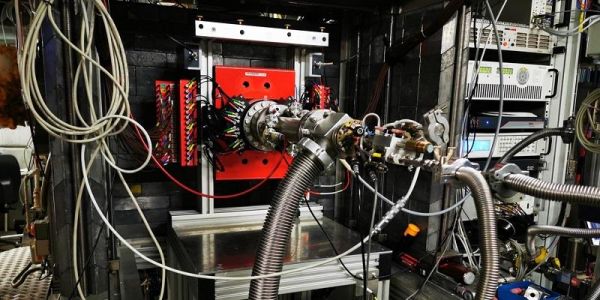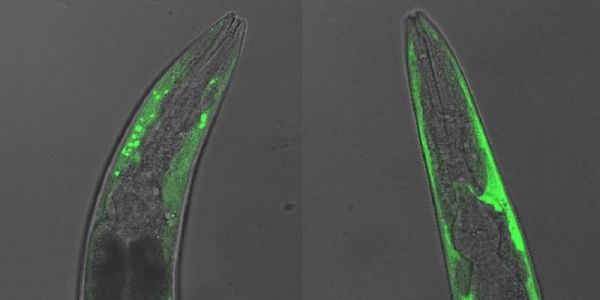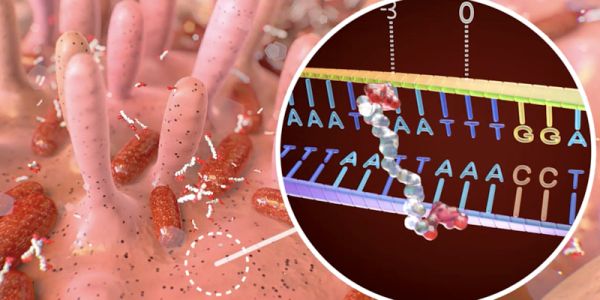
Analysing student eating habits
Scientists have for the first time used anonymous data from pre-payment food cards to get a unique insight into the eating habits of first year university students.

Scientists have for the first time used anonymous data from pre-payment food cards to get a unique insight into the eating habits of first year university students.

Every picture tells a story… none more so than this detailed visualisation of a strain of the norovirus.

A team of Leeds mathematicians and French civil engineers has developed a new way of visualising and analysing complex flood-protection schemes.

Growing consumption of energy and fossil fuels over four decades did not play a significant role in increasing life expectancy across 70 countries.

Scientists have made a breakthrough in the development of a new generation of electronics that will require less power and generate less heat.

A new study has found extreme disparity in the use of energy among richer and poorer people - both within countries and between them.

A master control region of a protein linked to Parkinson’s disease has been identified for the first time.

Scientists working at the frontier of nanotechnology face huge challenges.

The ability of the world’s tropical forests to remove carbon from the atmosphere is decreasing, according to a study tracking 300,000 trees over 30 years, published today in Nature.

A common type of bacteria found in our guts could contribute to bowel cancer, according to new research.